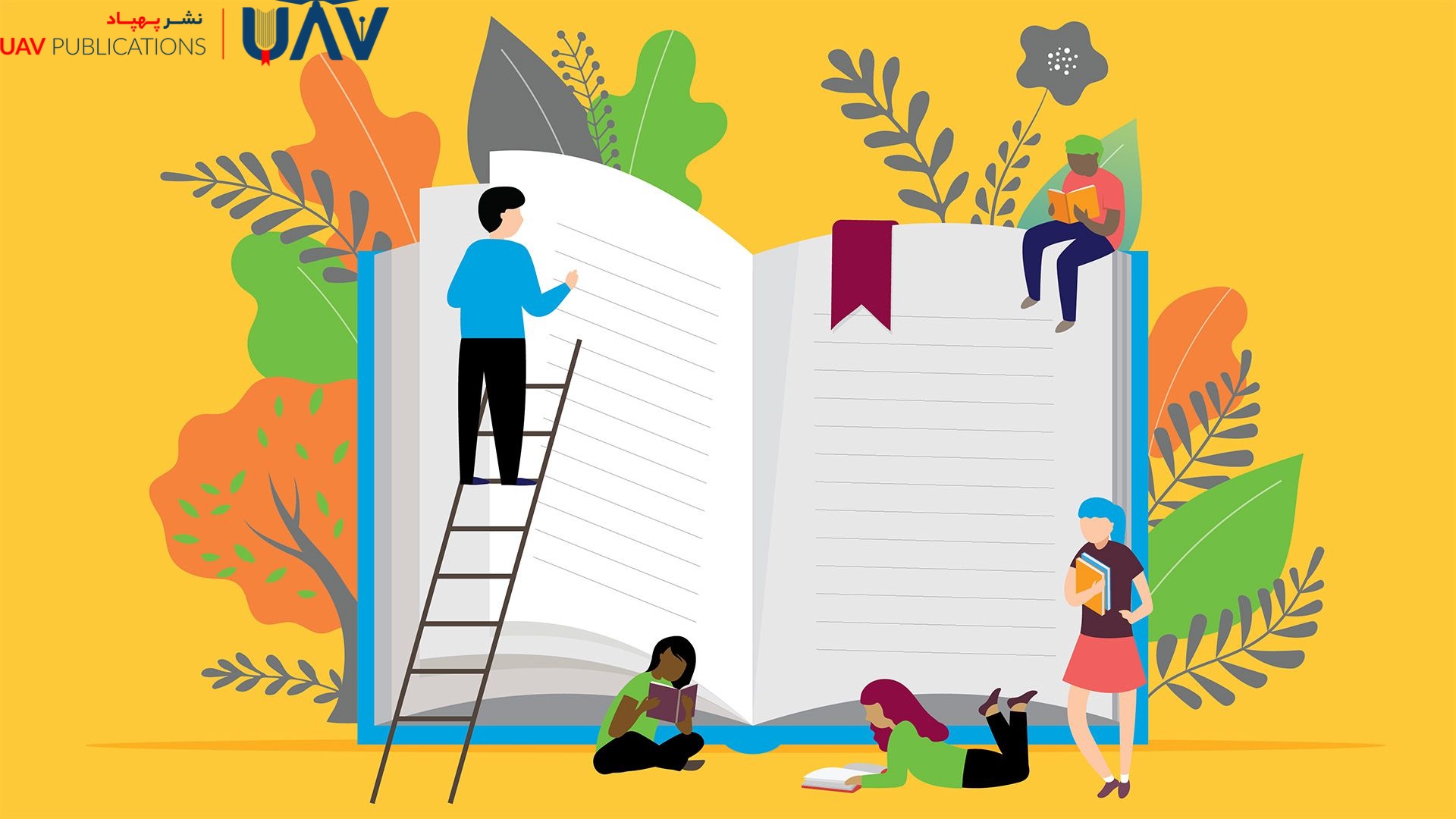How Significant Is the Role of Reading in Reducing Stress?
In today’s fast-paced world, stress has become one of the most common psychological challenges people face. From academic and professional pressures to financial and social concerns, the human mind is under constant strain. Amidst this chaos, books can serve as a haven—a place to retreat, reflect, and restore inner peace. Reading is more than mere entertainment; it is a cognitive activity that has a direct impact on our psychological well-being. When our minds are engaged in a compelling story or absorbing content, we momentarily step away from the cycle of persistent worry. This mental distancing is a crucial first step in the stress relief process. For this reason, many psychologists regard reading not only as a beneficial habit but also as a powerful tool for maintaining mental health.
What Is Stress and How Does It Affect the Brain?
Stress is a natural response the body exhibits when faced with threats, pressure, or environmental changes. During stress, hormones such as cortisol and adrenaline are released, which increase heart rate, blood pressure, and alertness. While this reaction is helpful in the short term, chronic exposure can be damaging. Prolonged stress can impair concentration, reduce cognitive performance, disrupt sleep, and even contribute to heart disease. Brain structures such as the amygdala (responsible for processing emotions) and the hippocampus (involved in memory) are especially vulnerable to long-term stress. In such conditions, we need activities that can interrupt the cycle of stress and promote emotional recovery, and that’s where books come in.
Reading and the Body’s Physiological Response to Stress
It may come as a surprise, but reading can have measurable effects on the body’s physiology. According to research conducted at the University of Sussex, just six minutes of reading per day can significantly reduce heart rate and muscle tension by as much as 68%. This impact surpasses even that of listening to music or taking a walk.

When a person becomes immersed in a book, the body exits its fight-or-flight mode and enters a state of neurological calm. This shift not only diverts the mind from stress-inducing thoughts but also helps regulate physiological functions by lowering cortisol levels. In essence, reading is a form of natural relaxation that requires no special tools or complicated rituals.
Scientific Findings on the Anxiety-Reducing Effects of Reading
Over the past few decades, numerous studies have explored the connection between reading and anxiety reduction. Research in the field of bibliotherapy—the use of books as therapeutic tools—shows that regular reading of appropriate material can complement treatment for anxiety, depression, and mood disorders.
For example, a 2013 study revealed that teenagers who engaged in daily reading of fiction exhibited lower levels of anxiety than their peers. Another study, published in the Journal of Psychiatric Research, found that participating in group reading sessions enhanced feelings of social support and psychological well-being. These findings demonstrate that reading is not merely a mental exercise—it plays a significant role in improving emotional well-being.
Reading and Activation of the Parasympathetic Nervous System
The human body operates through two branches of the autonomic nervous system: the sympathetic (which is active during stress and perceived danger) and the parasympathetic (which promotes relaxation and recovery). Activities that calm and focus the mind stimulate the parasympathetic system, leading to slower heart rates, deeper breathing, and an overall sense of calm.
Reading—especially in a quiet, distraction-free environment—is a powerful trigger for this system. This effect is especially pronounced with narrative fiction that evokes empathy and emotional engagement. Immersing oneself in a story disconnects the mind from immediate tensions and allows the brain to shift into a restorative mode.
The Role of Storytelling in Escaping Intrusive Thoughts
One of the core causes of stress is the mind’s constant engagement with intrusive and negative thoughts. Whether worrying about the future or ruminating on past failures, such mental loops keep the body in a state of high alert. Fiction reading plays a critical role in interrupting this cycle.

When the mind becomes absorbed in a captivating novel, it shifts focus from the self to the world of fictional characters. This redirection creates a temporary psychological distance from personal concerns, pausing the inner dialogue of distress. Moreover, the emotional resonance experienced through identification with characters can enhance feelings of meaning, hope, and tranquility. This is precisely what a stressed mind needs: a break from cognitive exhaustion.
Reading Nonfiction and Cultivating a Sense of Mental Control
While fiction offers escape through imagination and narrative, nonfiction books—particularly those on personal development, psychology, time management, and mental health—offer stress relief from a different angle. They empower readers with knowledge, self-awareness, and a sense of structure.
Understanding the root causes of stress and learning practical coping strategies cultivates a sense of mastery over one’s circumstances. This sense of control is a natural antidote to anxiety, which often stems from perceived helplessness or confusion. If you gravitate toward educational or analytical texts, this path can also become a cornerstone of your emotional well-being.
Comparing Reading with Meditation, Music, and Exercise in Stress Management
Various methods are commonly recommended for stress management, including meditation, mindful breathing, music, and regular exercise. But where does reading fit among these?
A 2009 study from the University of Sussex showed that reading reduces stress levels more effectively than listening to music or even drinking tea. The reason lies in what researchers call “active cognitive engagement”—unlike passive sensory activities, reading stimulates memory, imagination, and analytical faculties simultaneously.

There are also notable parallels between reading and meditation: both require focus, quiet, and mental presence. However, reading may feel more accessible or natural to individuals who struggle to connect with silence or abstract mindfulness exercises.
What Kind of Books Are Best for Mental Calm?
The type of book you choose plays a crucial role in how effectively it reduces stress. Although personal taste varies, in general, books that offer a temporary escape from reality are the most immediately effective in high-stress moments. Recommended reading during stressful times may include:
- Fantasy or adventure novels.
- Motivational or personal growth stories.
- Inspirational biographies.
- Educational books on psychology, mindfulness, or emotional regulation written in an accessible tone.
On the other hand, heavy, chaotic, or intellectually dense books—such as psychological thrillers or intense philosophical texts—might have the opposite effect during times of acute anxiety.
How to Make Reading a Stress-Relieving Habit
For reading to have a lasting impact on stress levels, it must become a regular habit. Here are a few simple yet effective strategies:
- Set aside a specific time each day for reading—ideally before bed.
- Create a quiet, comfortable reading environment with minimal distractions.
- Start with books you genuinely enjoy, not just those deemed “useful.”
- Use habit-tracking apps or monthly reading challenges to stay motivated.
- Even 10 minutes of reading can make a difference—the key is consistency, not quantity.

By cultivating this small yet meaningful habit, you not only enrich your mind but also establish a built-in system for stress resilience in your life.
Manage Stress Through Reading
In a world overflowing with urgency, troubling news, and relentless pressure, having a simple, affordable, and readily available tool to soothe the mind is a true blessing. Reading is one of the most potent and enduring methods for reducing everyday stress—not only does it ease mental tension, but it also enhances focus, creativity, and self-awareness.
Whether through temporary escape into the realms of fiction or by gaining practical insight into mental health and personal growth, books can serve as loyal companions in navigating the turbulence of modern life. Most importantly, when reading becomes a consistent habit, its effects become more profound, more sustainable, and profoundly transformative.
If you’re seeking peace of mind, it’s time to pick up a good book, take a deep breath, and let the words work their quiet magic.

